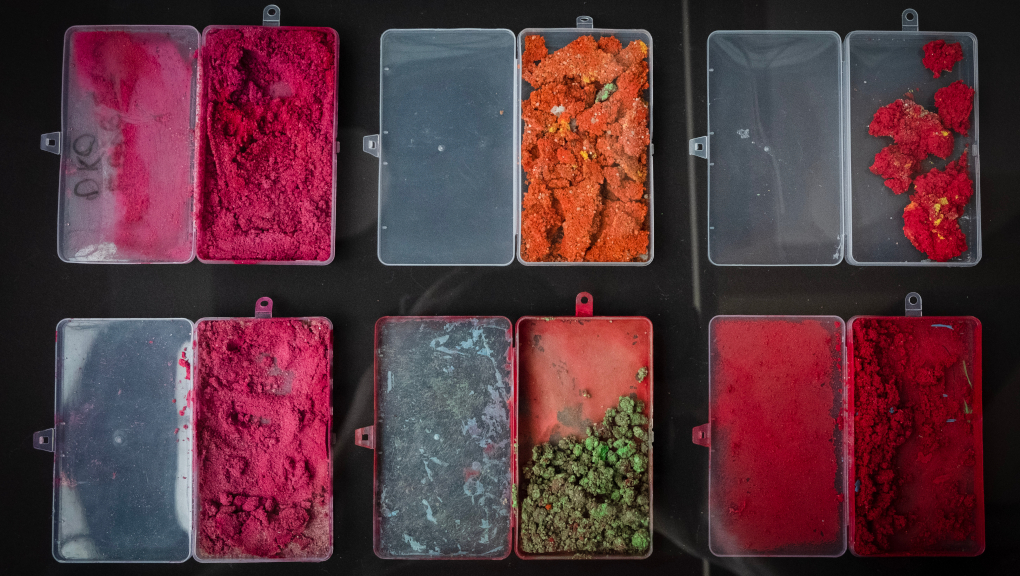What happens when the passion and “till death do us part”-enthusiasm wanes? In my practice, I attend to several couples who promised to love each other forever. However, after a few years of marriage, the relationship simply fell into a routine and cooled down. It is even possible to count the rare times they had a romantic interlude or sexual relationship in the past year. This is because people think that love is a natural, organic phenomenon. That we don’t have to work hard to maintain it. We might eventually consider it only natural for the other to be in our lives and to love us. Thus we run the risk of forgetting the reasons why this person started to relate to us.

Just because you’re married, or in a long-term relationship, it doesn’t mean you don’t need to take care of your partner. I mean here specifically caring in the sense of paying attention to their needs. Due to the routine at home, bills to pay, and children, couples’ issues always end up being the same. Sometimes we hold up a magnifying glass to everything our partner does or hasn’t done. We forget about the little things they do to make our day better. Simple things such as making breakfast. It is normal for all of us to have a very challenging routine, with many activities and assignments. Therefore, at times, our relationship can also fall into a routine. I suggest trying to do exciting, different things. Taking a short trip, or having dinner in different restaurants. Focus on having experiences that are new to both of you.
Some couples confuse love with absorption.
They need to know everything about each other. They want to be involved in every project and know about every problem. Just because you’re a couple doesn’t mean you have to do everything together. It is healthy for the relationship for each to have their own space. When a couple confuses love with absorption, it directly affects their relationship and their sex life. We have no desire for something or someone who is by our side every minute.

The danger exists that we place too many expectations on the same person. That we expect them to satisfy all our needs: affective, emotional, and sexual. Then it is no wonder that, with so much pressure, relationships end up falling apart. People who do not have sufficient self-knowledge about their needs and sexuality run the risk of seeking–at all costs–to meet their needs through the presence of the other.
Eroticism and desire demand a little distance.
Desire arises from the space between myself and the other. But if the other is by my side all the time there is no desire. Because we come to see the other as something we already have, and therefore we don’t need to do anything else to keep them.

In sex, the same rule applies. We always need to strive to get to know ourselves better and, automatically, get to know our partners better. We need to create a mood of romance. It’s no use treating one’s partner badly all day and hoping to have a great sexual encounter with them at night. Lust and desire come about through admiration, care, and affection. Both in the small and big things of everyday life.
Relationships are romantic, emotional, as well as sexual.
We need to have a combination of these three elements for a successful long-term relationship. After all, after sex, it is also necessary to have dialogue and intellectual affinity. An example of this is sapiosexuality, a term apparently coined in 1998 by Darren Stadler. It is characterized by sexual and/or romantic attraction to people based on their intelligence and/or education.

Currently, we seem to care a lot about “performative” sex. Where the main needs are duration, intensity, frequency, who comes first, and how many orgasms you can have. But having sex with someone is not necessarily about creating intimacy. How often do we meet someone on a night out, take them home, and, the next day, feel insecure and afraid to call? Relationships based only on sexual relations tend not to last because there is no bond and no intimacy. On the other hand, long-term relationships without a sexual life also often tend to fall apart. Precisely because of the excess of intimacy and the lack of sexual connection and demonstrations of desire and affection.
The purpose of this article has been to lead you to reflect on your relationships and how much affection and intimacy they possess. Form an idea of what a healthy relationship is for you, with a satisfying sex life. As human beings, we need connection. It is essential to have intimacy, someone to trust, to support you, and to relate to in an uplifting and healthy way.











